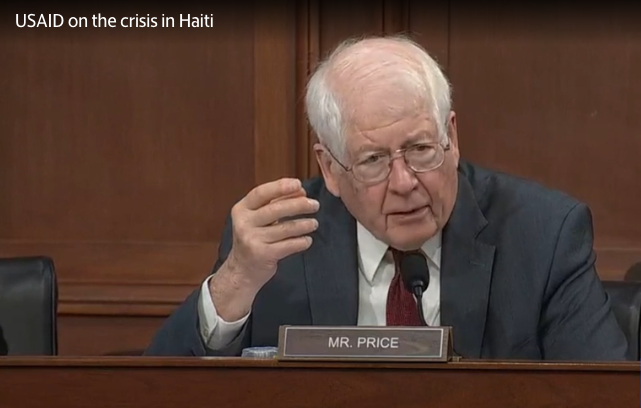
The U.S. State Department warned Americans on Thursday against traveling to Haiti, citing the rise in violent crime, including kidnappings.
The travel warning for Haiti was raised to Level 4 — Do Not Travel — replacing the previously “reconsider travel” advisory that was issued on June 11, 2019.
The new travel advisory for Americans comes as Haiti sees a “spectacular” rise in kidnappings. Violent crimes such as armed robbery and carjackings are also on the rise and the politically volatile country continues to be in the throes of civil unrest.
“Kidnapping is widespread,” the State Department said in its advisory. “Kidnappers may use sophisticated planning or take advantage of unplanned opportunities. Victims have included U.S. citizens.”
In addition to the spike in crime, often carried out by armed criminal gangs, demonstrations, tire burnings and roadblocks are still frequent, unpredictable, and can turn violent, the State Department said.
On Thursday, the American Citizen Services Unit at the U.S. embassy in Port-au-Prince issued a security alert on Twitter, warning that “a sound truck, accompanied by a group of demonstrators, is throwing rocks at passing motorists.”
“Local police may lack the resources to respond effectively to serious criminal incidents. Emergency response, including ambulance service, is limited or non-existent,” the State Department said. “Travelers are sometimes followed and violently attacked and robbed shortly after leaving the Port-au-Prince international airport.”
In recent months, there have been several reports of robbers and carjackers attacking private vehicles, particularly women driving alone, stuck in heavy traffic congestion.

The U.S. embassy in Haiti has prohibited its personnel from using public transportation, visiting establishments after dark without secure parking, visiting banks and using ATMS. They also are not allowed to drive around Port-au-Prince at night and banned from visiting certain parts of the capital without prior approval.
The last time the State Department issued a Level 4 Travel warning for Haiti was on Feb. 7, 2019 when civil unrest broke out and forced diplomats and Haitians to stay at home. At the time, the Canadian and French governments also announced an increase in their travel warnings for the country.
“This airport is not a legal airport to book,” the Expedia.com flight booking page for Port-au-Prince, Haiti and Cap-Haïtien airports read at the time. Later, the site switched the language to, “We could not find any airports that match your search.”
On Wednesday, Haiti President Jovenel Moïse installed a new government, led by his fifth prime minister in three years. Though the ceremony was attended by a number of foreign diplomats, opposition leaders have protested the move, saying Moïse did it without consulting them and the new appointments will not end the country’s protracted political and socioeconomic crises.